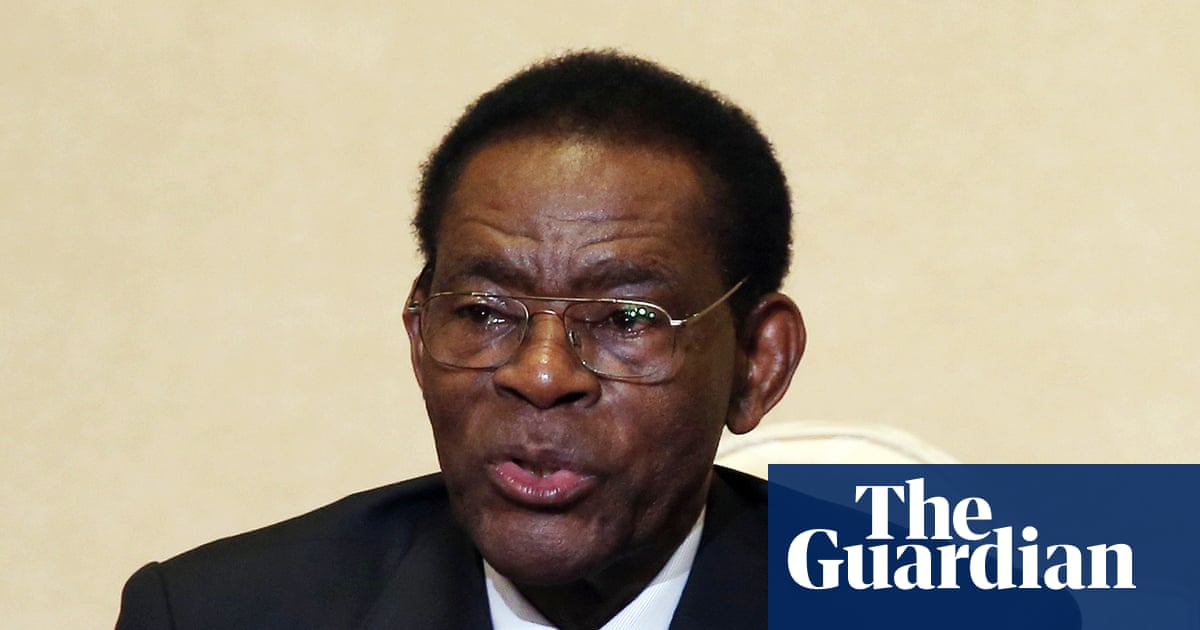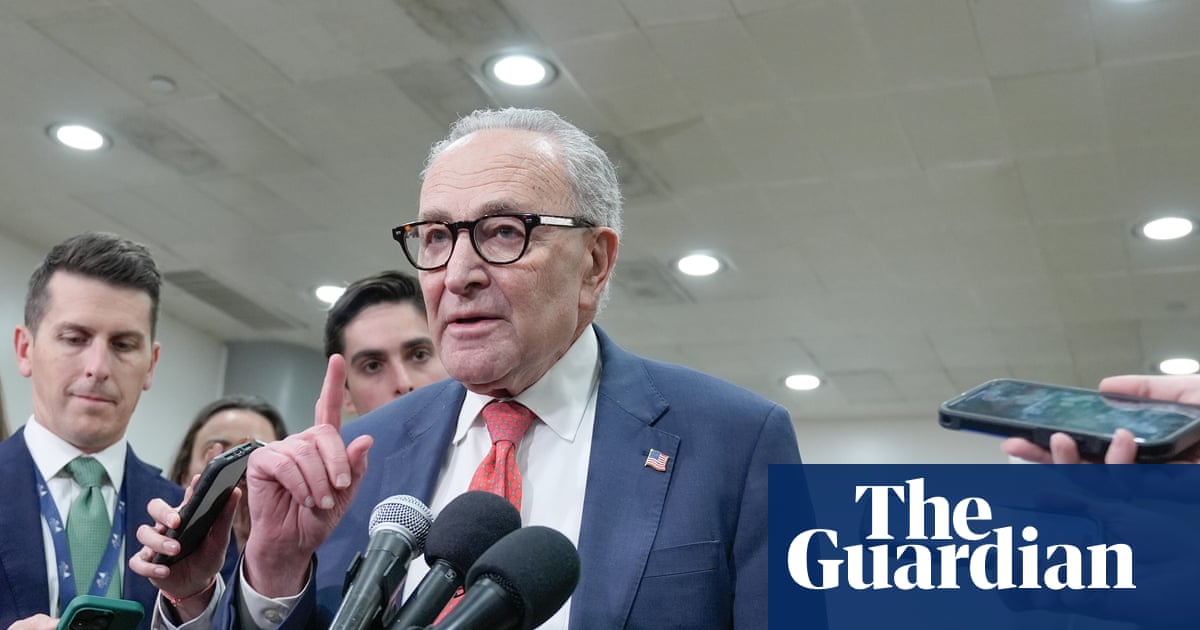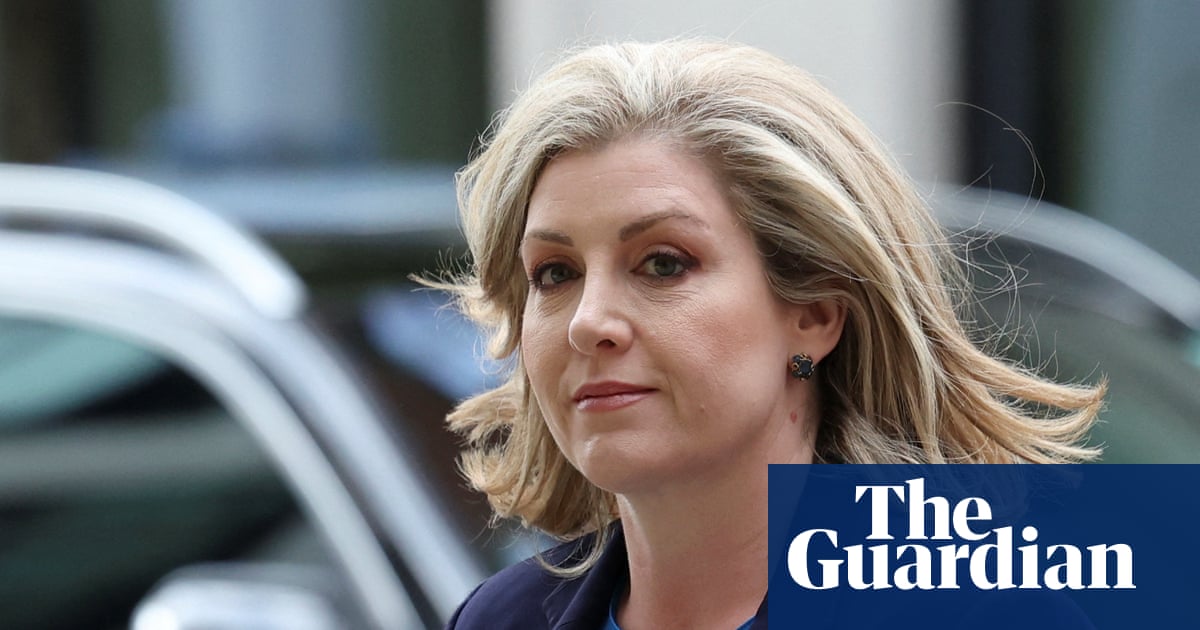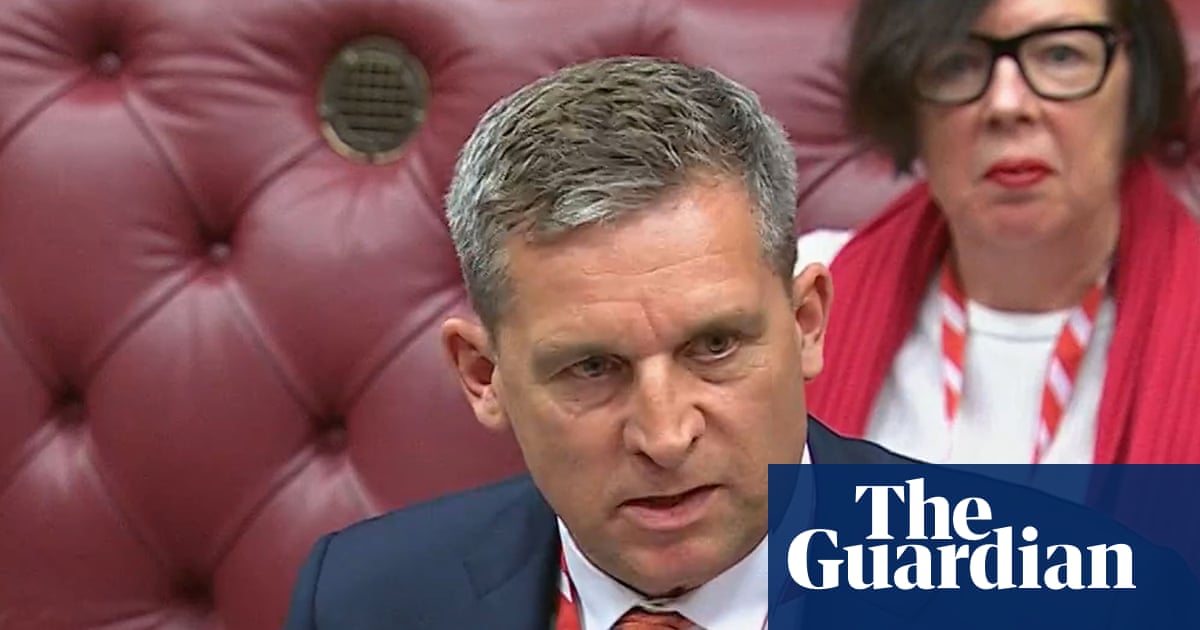The White House is backing a plan under which the former British prime minister Tony Blair would head a temporary administration of the Gaza Strip, initially without the direct involvement of the Palestinian Authority (PA), according to reports in the Israeli media.
Under the proposal, Blair would head a body called the Gaza International Transitional Authority (Gita) which would have a mandate to be Gaza’s “supreme political and legal authority” for as long as five years.
According to reports in Haaretz and the Times of Israel, the plan is modelled on the administrations that initially oversaw Timor-Leste and Kosovo’s transitions to statehood. The proposal suggests that Gita could at first be based in el-Arish, an Egyptian provincial capital near Gaza’s southern border, and would eventually enter the territory accompanied by a UN-endorsed largely Arab multinational force. The plan envisions “the eventual unifying of all the Palestinian territory under the PA”.
Under the plan, Palestinians would not be made to leave the territory, as had been feared would occur under previous US proposals to develop it as a “Gaza Riviera”.
If approved, Blair would head a secretariat of up to 25 people and chair a seven-person board to oversee an executive body running the territory.
But any role for the former Labour leader would inevitably prompt, intense controversy. After stepping down as prime minister in 2007, he took on the role of Middle East envoy until 2015 and he enjoys a high standing with many Gulf leaders. But Blair is bitterly resented by many Palestinians – who see him as having impeded their efforts to attain statehood – and more broadly across the region for his role in backing the 2002 US invasion of Iraq.
News of the plan emerged just days after the UN general assembly endorsed a different plan for a technocratic administration to take charge in Gaza. Under that proposal, known as the New York declaration, the interim administration would operate for just one year, on the clear understanding that it would then hand power to a reformed PA with a revised constitution and after elections for a new president and parliament.
The lack of a clear timeline for a transition to PA control under the White House plan is seen as a potential roadblock to its endorsement by Palestinians and Arab leaders. But that lack of specificity, and the presence of Blair, would be seen as a reassurance for the Israeli prime minister, Benjamin Netanyahu.
The White House sees the new plan as a compromise between Donald Trump’s own initial proposal for the US and Israel to “take over” Gaza and theNew York declaration endorsed by more than 140 states. Trump’s previous suggestions that the US and Israel could “clean out” Palestinians from Gaza would amount to an ethnic cleansing of the population of about 2 million people. Under the new plan, Palestinians would not be encouraged to leave the territory, according to the reports.
A broad version of the US-backed plan was laid out by Trump at a meeting in New York on Wednesday with the emir of Qatar, Sheikh Tamim bin Hamad al-Thani; the Saudi foreign minister, Prince Faisal bin Farhan Al Saud; King Abdullah II of Jordan; the president of Indonesia, Prabowo Subianto; and Turkey’s president, Recep Tayyip Erdoğan. Trump said the meeting had been successful, adding “we’re close to getting some kind of deal done”.
The French president, Emmanuel Macron, has been trying to reconcile the two proposals.
Arab states have said they will only contribute to a UN-mandated international peacekeeping force if there is a clear political timeline to the formation of a Palestinian state, and some may argue that the Blair plan does not set out an irreversible course to statehood, but instead represents a different, more benign occupation than that provided by Israel.
Gita would have a board made up of seven to 10 members, who will include “at least one qualified Palestinian representative (potentially from the business or security sector)”, a senior UN official, leading international figures with executive or financial experience, and a “strong representation of Muslim members”.
Reporting to an executive secretariat would be a group of five commissioners who will supervise key areas of Gaza governance: humanitarian affairs, reconstruction, legislation and legal affairs, security, and PA coordination.
Notably, the plan states that the commissioner overseeing humanitarian affairs will be responsible for coordinating with humanitarian agencies, including the controversial Gaza Humanitarian Foundation, which most Arab states and humanitarian agencies insist must be dismantled.
A Palestinian Authority coordination commissioner would be tasked to “ensure that the decisions of Gita and those of the PA are, so far as possible, aligned and consistent with the eventual unifying of all the Palestinian territory under the PA”.
after newsletter promotion
The commissioner would also “track PA reform efforts in coordination with international donors, financial institutions and Arab partners engaged in Palestinian institutional development”.
A separate Palestinian Executive Authority would interface more directly with Palestinians by delivering services “through a nonpartisan, professional administration”.
The PEA will be headed by a CEO formally appointed by the Gita board and will be responsible for overseeing a series of technocratic ministries, including health, education, finance, infrastructure, judicial affairs and welfare.
The PEA would also receive reports from the Gaza municipalities, which would be responsible for delivering services at the local level; a Gaza civil police force of “nationally recruited, professionally vetted, and nonpartisan” officers tasked with maintaining public order and protecting civilians; a judicial board chaired by an Arab jurist who will supervise Gaza’s courts and public prosecution office; and the aforementioned “Property Rights Preservation Unit”.
In an attempt to assuage fears that the plan will lead to tens of thousands of Palestinians being forced out of Gaza during the reconstruction, a “property rights preservation unit” would be established aimed at ensuring that any voluntary departure of Palestinians from Gaza does not compromise their right to return to the territory or retain property ownership.
Addressing the UN general assembly on Thursday, Mahmoud Abbas, the PA president, said Hamas would have no role in the postwar governance of Gaza – a key condition of Israel and the US. However Abbas and the Palestinian Authority only administer the West Bank, and do not have a direct role in negotiations over a ceasefire or postwar planning for Gaza.
He said that Gaza was an “integral part of the state of Palestine, and that we are ready to bear full responsibility for governance and security there”.
Abbas addressed the gathering by video conference after his visa was revoked by the US in the run-up to the 80th session of the UN general assembly.

 1 month ago
82
1 month ago
82

















































